Stage 1) Boolean Logic & Arithmetic
Stage 2) Sequential Logic
Stage 3) Machine Language and Computer Architecture
Stage 4) Assembler
Stage 5) Stack Arithmetic, Program Control and high level language design.
Stage 6) Compiler syntax analysis and code generation.
Stage 7) Operating system.
Computer build from first principals
Complete computer build from the logic to the compiler and operating system.
 Michael Walker
Michael Walker
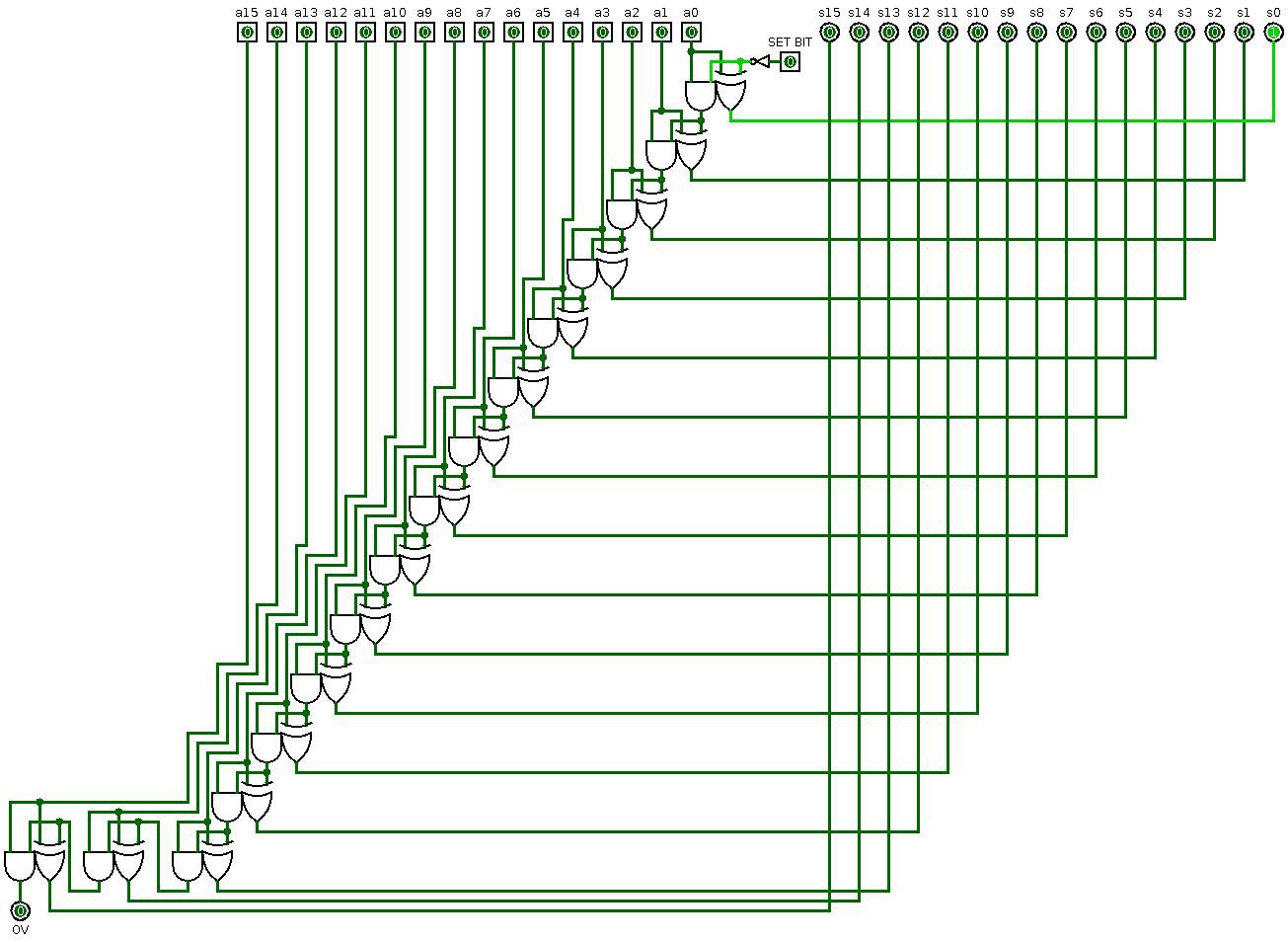

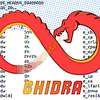

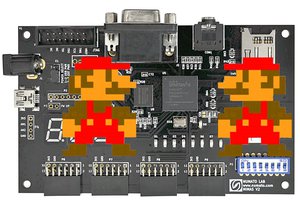
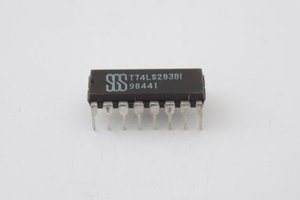
 kaimac
kaimac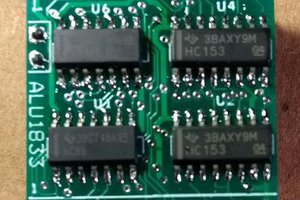
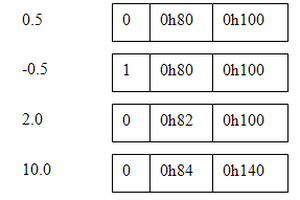
 Bruce Land
Bruce Land
Really nice, currently hacking on it as well. Using the book